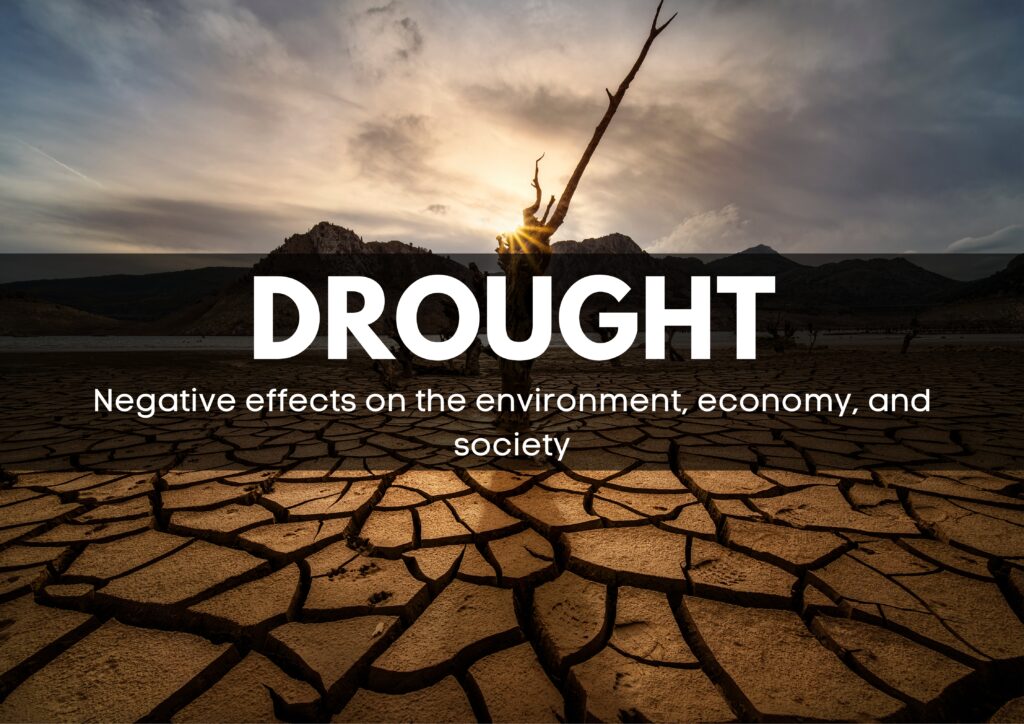Drought is one of the most pressing climate challenges facing our planet. This issue not only severely impacts agriculture but also has deep implications for the economy, environment, and quality of life. As water resources become increasingly limited, finding innovative solutions to address these challenges and ensure a more sustainable future is essential.
Effects of drought on agriculture
Drought has a devastating impact on traditional agriculture. Some of the most notable effects include:
- Reduced agricultural yields: Drought leads to decreased agricultural production, which can result in reduced food supply and increased food prices. Producers face significant economic losses, and farmers are forced to deal with lower yields, affecting global food security.
- Increased prices: With a reduced supply of agricultural products, food prices can rise significantly. This particularly affects vulnerable communities already struggling with economic difficulties.
- Limited water resources: Approximately 1.2 billion people live in areas with water scarcity, and drought exacerbates this issue. During drought periods, water rationing becomes a common practice, making access to potable water increasingly difficult.
- Ecosystems and biodiversity: Drought can lead to the drying up of lakes, rivers, and wetlands, affecting the flora and fauna that depend on these habitats. Loss of biodiversity is a direct consequence of prolonged drought.
- Economy and infrastructure: Drought can damage infrastructure by depleting groundwater, affecting the foundations of buildings and roads. Additionally, water-dependent economic sectors such as agriculture, food industry, and tourism may suffer significant losses.
Future perspectives
As drought becomes a growing global challenge, finding innovative and sustainable solutions for agriculture and food production is increasingly important. Microgreens, with their efficiency in water use and contribution to food security, offer a promising path toward a more sustainable and resilient future.
Investing in microgreens cultivation technologies and hydroponic solutions can be a crucial step in adapting to climate change and ensuring sustainable agricultural production. In the long term, these innovations will not only help mitigate the impact of drought but also contribute to creating a more equitable and efficient food system.
In conclusion, addressing the impact of drought and exploring sustainable solutions are crucial for protecting natural resources and ensuring a prosperous future. Microgreens, with their efficiency and nutritional benefits, prove to be an essential part of this transition.

